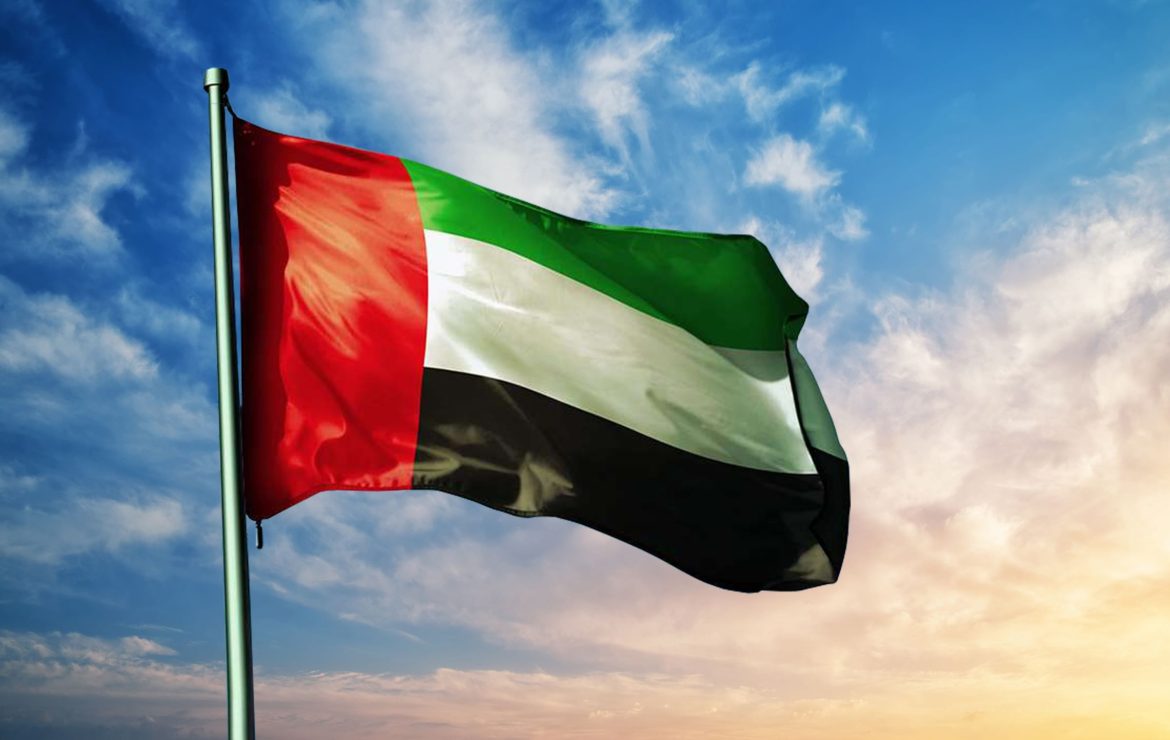The United Arab Emirates (UAE) has solidified its position as a global leader in supporting groundbreaking initiatives and innovative solutions to eradicate malaria a disease that affected around 249 million people worldwide in 2022, according to the World Health Organization.
The Reaching the Last Mile (RLM) initiative, a global health initiative supported by His Highness Sheikh Mohammed bin Zayed Al Nahyan, the Crown Prince of Abu Dhabi, has announced a contribution of AED 55 million to the Global Institute for Disease Elimination (GLIDE), marking the second grant since the institute’s inception in 2019.
The UAE stands at the forefront of combating malaria worldwide, with its humanitarian initiatives and financial contributions accelerating steps towards global eradication of the disease. The country celebrates 27 years since the last actual case of malaria was recorded within its borders in 1997, and 17 years since it was declared malaria-free by the World Health Organization in 2007.
The UAE dedicates its expertise and resources to curbing the spread of malaria and assisting many countries in addressing it. International health organizations commend the UAE’s support for global efforts to combat malaria, including support for organizations like “Malaria No More” and the “Reaching the Last Mile” initiative, as well as its humanitarian initiatives over the years to bolster health and vaccination programs through partnerships with GAVI, the Vaccine Alliance, and the Malaria Eradication Partnership.
GLIDE Institute
Established in 2019 by His Highness Sheikh Mohammed bin Zayed Al Nahyan, in collaboration with the Bill and Melinda Gates Foundation, the GLIDE Institute has made a significant addition to the global health sector and its efforts to accelerate the elimination of preventable infectious diseases, particularly malaria, polio, neglected tropical diseases, lymphatic filariasis, and river blindness.
Over five years, the GLIDE Institute has launched more than 45 programs in 30 countries, working with local and international stakeholders to build capacities within beneficiary countries, sow seeds of research, and fund innovations to achieve disease elimination goals.
In 2020, the UAE launched the “Healthy Future Forecast” initiative to accelerate progress in combating deadly diseases transmitted by mosquitoes, including malaria. In January 2022, the initiative launched the new Institute for Malaria and Climate Solutions (IMACS), a global institute focused on malaria control in the face of climate change and weather fluctuations.
In January 2023, the “Reaching the Last Mile” initiative, “Malaria No More,” and the “Mohammed bin Zayed University of Artificial Intelligence” announced the expansion of their climate and global health initiative, the “Healthy Future Forecast,” with a new three-year grant of $5 million.
Locally, the UAE, through the Ministry of Health and Prevention, implements an effective strategy to protect the community against epidemic and infectious diseases through preventive healthcare systems and a surveillance program to detect cases entering the country and treat them.
The Ministry, in collaboration with local health authorities, continues to maintain the country’s malaria-free status through post-declaration measures by enhancing early detection and treatment of incoming cases and by continuing to train and qualify the workforce in all fields of malaria control and enhancing mosquito control activities.
Malaria is a deadly disease caused by parasites transmitted to humans through the bites of infected female Anopheles mosquitoes, but it is preventable and curable.
The global technical strategy for malaria for 2016-2030, issued by the World Health Organization, sets ambitious and achievable global goals, including reducing malaria cases by 90% and eliminating the disease in 35 countries by 2030.













